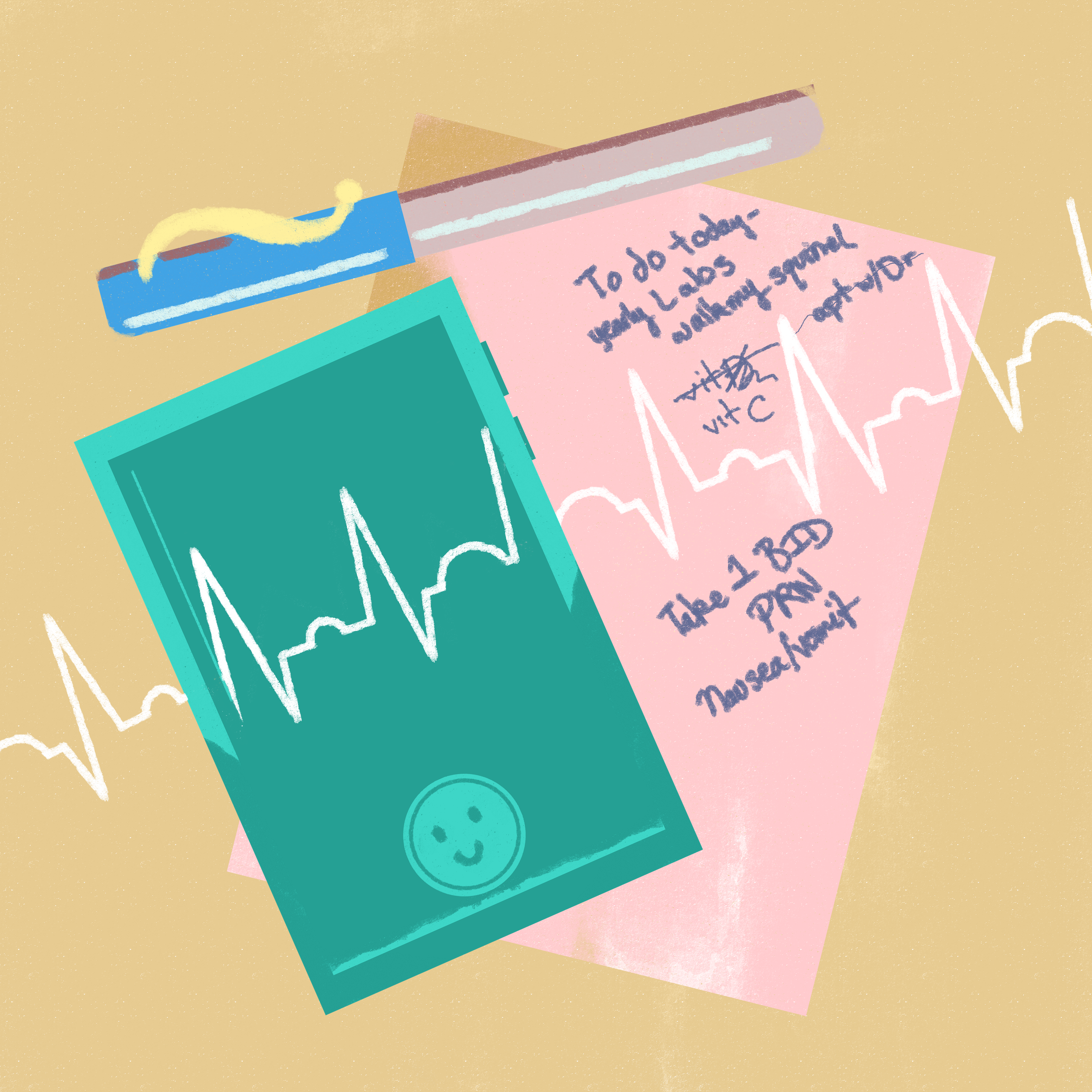Graphic by Elizabeth Wong.
In April, a group of students came together to create Telehealth Access for Seniors, a nonprofit organization that supports senior citizens around the country struggling with isolation amid the pandemic.
Founded at Yale University, these students were given a federal 501(c)(3) grant to begin supplying senior citizens in isolation with camera-equipped devices, as well as teach them how to use these devices. The organization now spans across 26 states, each with separate groups of organizers working towards the same goal.
“It’s important to give senior citizens these devices as well as providing them with the knowledge of how to use them so that they can connect with their family as well as their doctors,” said Adam Brice, a senior at the University of Rhode Island.
Brice became involved with the organization at the beginning of the fall semester when he was recruited by his pre-health professions advisor at URI, Andrew Simmons.
Brice was working as a certified nurse assistant (CNA) as the pandemic hit the United States, and said he saw firsthand how the lack of technology and knowledge affects many senior citizens he helped care for.
“I was faced with the struggle of seeing people stuck in their rooms,” said Brice. “Where I worked, there was only one iPad that had to be shared among all the patients.”
The lack of knowledge and access to camera-equipped technology has caused serious emotional stress on the elderly, according to Lorelle Sun, a master’s student at Brown University, who is also involved in the Telehealth organization.
“These devices are especially important for older adults because they are most susceptible to the disease, but least comfortable with these devices that allow them to see their friends, families and doctors,” Sun said. “I think Telehealth services will continue on even after the pandemic because many elderly face loneliness and depression. Additionally, having a device and Wi-Fi connection will allow them to search the internet for any additional [medical] resources they may need.”
According to the organization’s GoFundMe Page, every $50 allows for the purchase of a tablet to be donated to a senior citizen.
Telehealth also helps low-income seniors to receive camera-equipped devices, meaning senior citizens who are homeless will have the resources to look up information on their tablets provided by Telehealth. These can be used to find resources such as shelter, food and medical facilities for their benefit.
“Luckily, we’re still allowed to hold clinics that allow seniors to work with volunteers that help them learn how to use the devices,” Brice said.
As one of these volunteers, Brice teaches senior citizens how to do things such as set up email accounts, launch Zoom calls and even download games on smart devices in one-on-one workshop settings.
These workshops are made possible by a grant received by the Rhode Island branch of Telehealth in association with the foundations Age Friendly and Cyber-Seniors respectively.
So far in association with the Coronavirus Aid, Relief and Economic Security (CARES) Act, approximately 90 jitterbugs, an elderly-friendly cell phone, and 50 tablets have been donated to nursing homes and low-income seniors across the state of Rhode Island.
While Massachusetts is not a part of the Telehealth program, Connecticut and Rhode Island are, and students who attend school in Telehealth states are eligible to volunteer through their school’s state.

